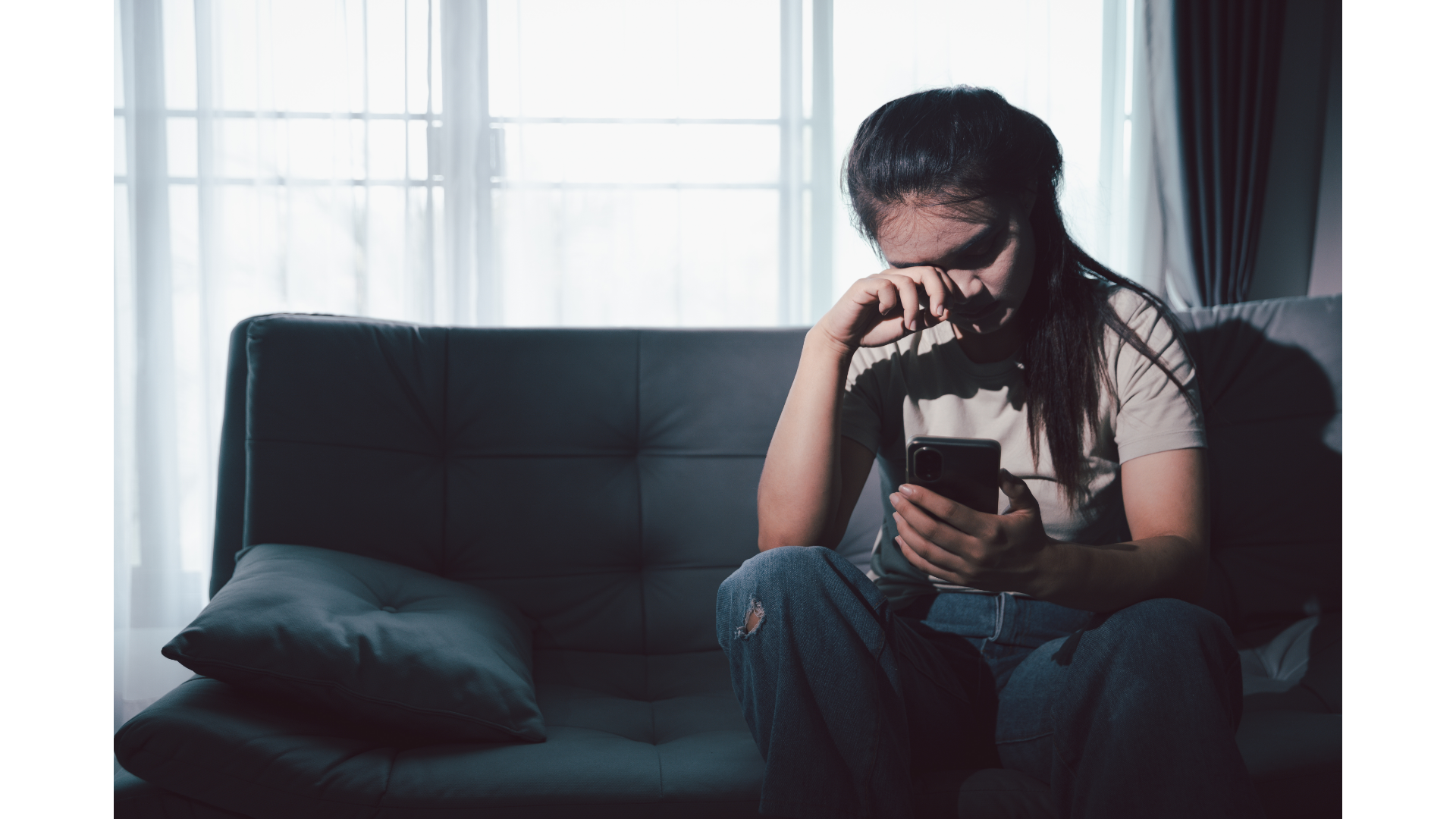When the world feels uncertain, many people experience deep emotional overwhelm or despair. In this therapist-written piece, we explore why these feelings make sense — and how self-compassion, nervous system awareness, and emotional care can support your mental health without minimizing what you’re going through.
Read MoreWhy do so many New Year’s resolutions fall apart — often within weeks? Instead of blaming willpower or motivation, this article explores a gentler, more effective path to change. Through curiosity, self-compassion, and self-trust, real personal growth becomes possible at any time of year — without shame, pressure, or perfection.
Read MoreStruggling with financial stress during the holidays? Learn why December often brings overspending, money anxiety, and pressure to meet expectations—and discover practical ways to honour your financial boundaries with more clarity, intention, and calm.
Read MoreDecember can bring a wave of emotional triggers — from family pressures and financial stress to grief, loneliness, and the winter blues. This article explores why the holidays can feel overwhelming and offers compassionate, practical strategies to support your mental health during the season.
Read MoreExplore how your money personality affects your relationship, communication, and financial stress, and learn tools for healthier money conversations.
Read MoreTalking about money can feel overwhelming, triggering anxiety, shame, guilt, or avoidance. For many people, financial stress is deeply tied to past experiences, family patterns, and feelings of vulnerability. In this article, Registered Psychotherapist Aviva Boxer explores why money feels so emotionally charged and how self-compassion, therapy, and small mindful habits can help you build a healthier, more confident relationship with your finances. If money worries are affecting your mental health, you’re not alone — support is available.
Read MoreAI tools like ChatGPT are reshaping how people approach mental health and self-care. Many are using ChatGPT for emotional support, journaling prompts, and mindfulness tips — but it’s important to know the difference between AI guidance and real therapy. In this article, psychotherapist Aviva Boxer explains how ChatGPT can enhance your therapy journey by offering structure, reflection, and insight between sessions, while highlighting why the human connection of psychotherapy remains irreplaceable.
Read MoreWhy is talking about money so hard? Learn how understanding your money story can reduce shame, improve financial wellbeing, and support healthier relationships.
Read MoreA registered psychotherapist explores why forcing employees back to the office is harmful to mental health — and how workplace flexibility supports well-being and productivity.
Read MoreDiscover a therapist’s gentle approach to building habits that support your mental health and well-being. Learn how to create fall wellness routines that feel good and last.
Read MoreThe intense therapy that we accept as essential in a crisis will help a lot in the moment, which is important in getting through that crisis. But the long-haul type of therapy, where you see your therapist weekly or biweekly, consistently and over time, will help you explore core issues, process feelings and release burdens that have likely been weighing on you since childhood.
Read MoreMid-crisis, my 16-year-old son came downstairs and, seeing his distraught mother frantically hitting buttons, asked to help me. He listened as I tried to explain what happened. Then he calmly took my phone and began troubleshooting, pretending not to notice that I was struggling to hold it together.
Read MoreI am a therapist and a therapy client and I can say from both perspectives, that one of the most special yet daunting parts of therapy for me is the first session. The first session is important because this is the first chance a client and a therapist get to spend time together getting to know each other to see if they truly connect.
Read MoreCompassion fatigue found me while I was doing emotionally taxing, empathetic, and caring work without caring enough for myself. I tried to attend to my needs; I finally used some of my vacation days and lieu hours that had piled up. I tried self-care; working out, seeing friends, painting my nails, taking baths and any other self-care activity I could think of, or afford. The problem was that these steps came too late.
Read MoreDuring these uncertain times, we do need ideas for coping, but we also need to identify our uncomfortable feelings and possibly even allow those feelings to inform how we move forward. If that sounds a little daunting, it’s because it is a huge responsibility both to ourselves and to the world around us.
Read MoreSomething about the holidays can make emotions feel heavier, and to-do lists more urgent — a phenomenon that can make otherwise manageable triggers feel harder to hold. Giving ourselves permission to be especially compassionate to our needs during these times is the greatest gift we can give.
Read MoreIn a perfect world, mental health would be treated the same as physical health in Canada and it would be covered by a national health system supporting both body and mind. But at this point it is not the case. Many people either pay for their therapy sessions out of pocket or through their work’s benefits programs. Recognizing that sometimes the cost of therapy can be a barrier to a person reaching out for support, many therapists offer affordable counselling to make therapy accessible to as many people as possible.
Read MoreHygge (pronounced "hoo-ga") is a Danish term that refers to a cozy, comfortable, and contented state of being. It is often associated with a sense of well-being, warmth, and togetherness, particularly during the colder months. Journaling about hygge and mental health can be a deeply reflective and calming practice.
Read MoreCultural adjustment goes beyond learning new customs or language. It can bring up deep emotional struggles, particularly when you feel caught between family traditions and the need to adapt to a new culture.
Read MoreIn the wake of the U.S. election news, it would make sense if women, BIPOC, queer, and other equity seeking individuals were feeling some amount of emotional discomfort today. That discomfort could be stress, grief, anger, hopelessness, etc. If this is happening to you, know that you are not alone and that there are other people out there who are also feeling low, or feeling emotionally activated today.
Read More



















